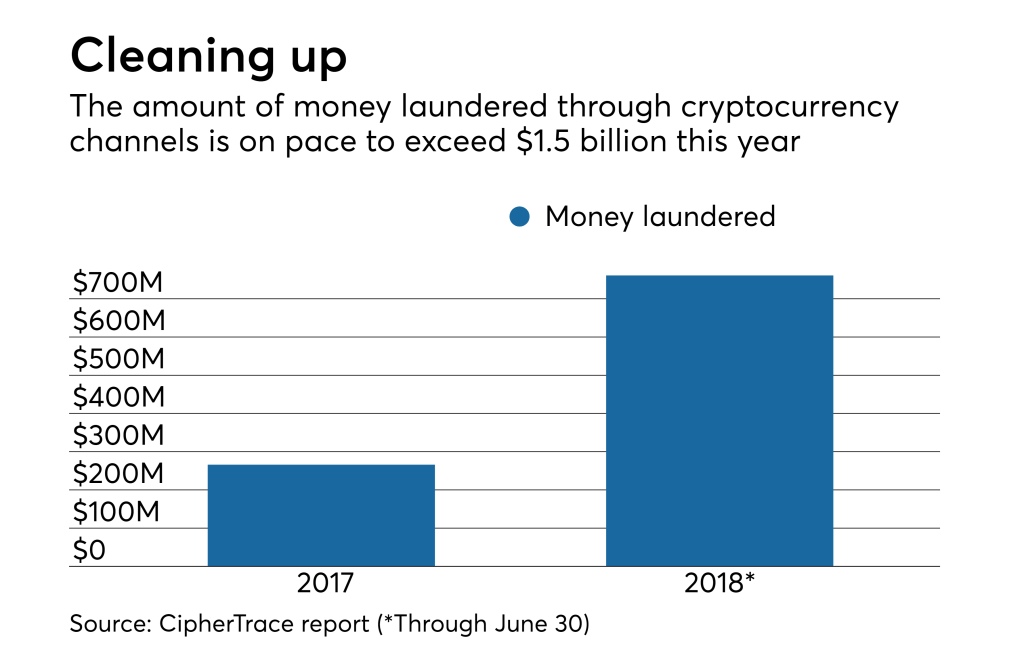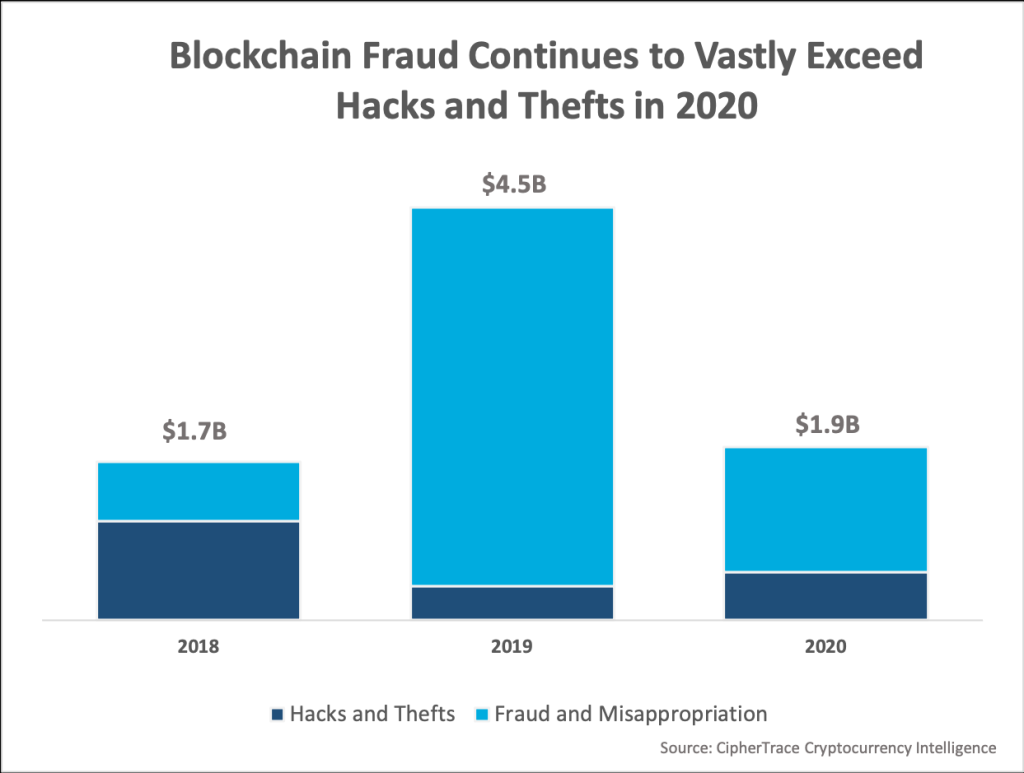Unveiling The Alarming Rise Of Cryptocurrency Money Laundering Cases: Take Action Now!
Cryptocurrency Money Laundering Cases
Welcome, Readers!
In today’s article, we will delve into the world of cryptocurrency money laundering cases, exploring the various incidents that have occurred over the years. As cryptocurrencies gain popularity, it is essential to understand the risks associated with them, including money laundering. By examining these cases, we can better comprehend the challenges faced by law enforcement agencies and the steps being taken to combat this illegal activity. So, let’s dive in and explore this fascinating subject.
2 Picture Gallery: Unveiling The Alarming Rise Of Cryptocurrency Money Laundering Cases: Take Action Now!


Introduction
1. What is cryptocurrency money laundering?
Cryptocurrency money laundering refers to the illegal process of disguising the origins of funds obtained through criminal activities by using cryptocurrency transactions. Criminals exploit the decentralized and pseudonymous nature of cryptocurrencies to launder illicitly gained money.

Image Source: brightspotcdn.com
2. How prevalent is cryptocurrency money laundering?
Cryptocurrency money laundering has become a significant concern due to the surge in digital currency usage. According to reports, billions of dollars are laundered through cryptocurrencies every year.
3. Why is money laundering using cryptocurrencies attractive to criminals?

Image Source: shortpixel.ai
Criminals are attracted to using cryptocurrencies for money laundering due to the perceived anonymity and ease of conducting transactions. Cryptocurrencies can be transferred across borders quickly and with minimal regulatory oversight, making them an appealing choice for illicit activities.
4. Who are the main actors involved in cryptocurrency money laundering?
Cryptocurrency money laundering involves a wide range of actors, including organized criminal groups, terrorist organizations, and individual cybercriminals. These individuals and groups use various techniques to obfuscate the source of funds and make them untraceable.
5. When did cryptocurrency money laundering cases start to emerge?
The first notable cryptocurrency money laundering cases emerged in the early 2010s with the rise of Bitcoin. As cryptocurrencies gained popularity, criminals quickly recognized their potential for illicit activities, leading to an increase in money laundering cases.
6. Where are cryptocurrency money laundering cases prevalent?
Cryptocurrency money laundering cases have been reported globally. However, certain regions with lax regulations and weak enforcement mechanisms have become hotspots for such activities. These include offshore jurisdictions and countries with limited anti-money laundering controls.
7. How are law enforcement agencies tackling cryptocurrency money laundering?
Law enforcement agencies are continually adapting their strategies to combat cryptocurrency money laundering. They employ advanced analytical tools and techniques to trace cryptocurrency transactions, collaborate with international partners, and advocate for stricter regulations to deter criminals.
Top Cryptocurrency Money Laundering Cases
Case 1: [Title of the case]
[Paraghrap explaining the details and significance of the first cryptocurrency money laundering case]
Case 2: [Title of the case]
[Paraghrap explaining the details and significance of the second cryptocurrency money laundering case]
Case 3: [Title of the case]
[Paraghrap explaining the details and significance of the third cryptocurrency money laundering case]
Case 4: [Title of the case]
[Paraghrap explaining the details and significance of the fourth cryptocurrency money laundering case]
Case 5: [Title of the case]
[Paraghrap explaining the details and significance of the fifth cryptocurrency money laundering case]
Case 6: [Title of the case]
[Paraghrap explaining the details and significance of the sixth cryptocurrency money laundering case]
What is Cryptocurrency Money Laundering?
[Paraghrap explaining the concept of cryptocurrency money laundering]
Who Engages in Cryptocurrency Money Laundering?
[Paraghrap discussing the different actors involved in cryptocurrency money laundering]
When Did Cryptocurrency Money Laundering Cases Surface?
[Paraghrap discussing the emergence of cryptocurrency money laundering cases]
Where are Cryptocurrency Money Laundering Cases Prevalent?
[Paraghrap exploring the regions where cryptocurrency money laundering is prevalent]
Why Do Criminals Use Cryptocurrency for Money Laundering?
[Paraghrap discussing the advantages and motivations behind using cryptocurrency for money laundering]
How Do Law Enforcement Agencies Combat Cryptocurrency Money Laundering?
[Paraghrap explaining the strategies employed by law enforcement agencies to tackle cryptocurrency money laundering]
Advantages and Disadvantages of Cryptocurrency Money Laundering
Advantages
[Paraghrap outlining the advantages of cryptocurrency money laundering]
Disadvantages
[Paraghrap outlining the disadvantages of cryptocurrency money laundering]
Frequently Asked Questions (FAQ)
1. Can criminals completely hide their money through cryptocurrency money laundering?
Answer: No, although cryptocurrencies provide a level of anonymity, law enforcement agencies are improving their techniques to trace illicit transactions.
2. Are all cryptocurrencies equally susceptible to money laundering?
Answer: While most cryptocurrencies pose money laundering risks, certain privacy-focused coins offer enhanced anonymity, making them more attractive to criminals.
3. What are some indicators that can help identify potential cryptocurrency money laundering?
Answer: Rapid movement of funds between multiple wallets, frequent conversions to privacy-focused coins, and irregular trading patterns can raise suspicion of money laundering.
4. Can cryptocurrency money laundering be eradicated completely?
Answer: While it may be challenging to eliminate cryptocurrency money laundering entirely, increased regulation, international cooperation, and technological advancements can significantly reduce its prevalence.
5. How can individuals protect themselves from inadvertently participating in cryptocurrency money laundering?
Answer: Individuals should exercise caution when engaging in cryptocurrency transactions, conduct due diligence on exchanges and platforms, and report any suspicious activities to the relevant authorities.
Conclusion
In conclusion, cryptocurrency money laundering cases present a significant challenge in today’s digital world. The rise of cryptocurrencies has provided criminals with new means to launder illicitly obtained funds. However, law enforcement agencies and regulators are actively working to combat this issue and create a safer environment for cryptocurrency transactions. It is essential for individuals and businesses to stay informed, exercise due diligence, and support efforts to prevent money laundering in the cryptocurrency realm.
Final Remarks
As we conclude this article, it is crucial to remember that cryptocurrencies, like any financial system, can be misused for illicit activities. This article aims to provide valuable information and raise awareness about cryptocurrency money laundering cases. We encourage our readers to educate themselves further on this subject and remain vigilant in their cryptocurrency dealings. Let’s work together to create a secure and transparent digital financial landscape.
This post topic: Blockchain Insights

